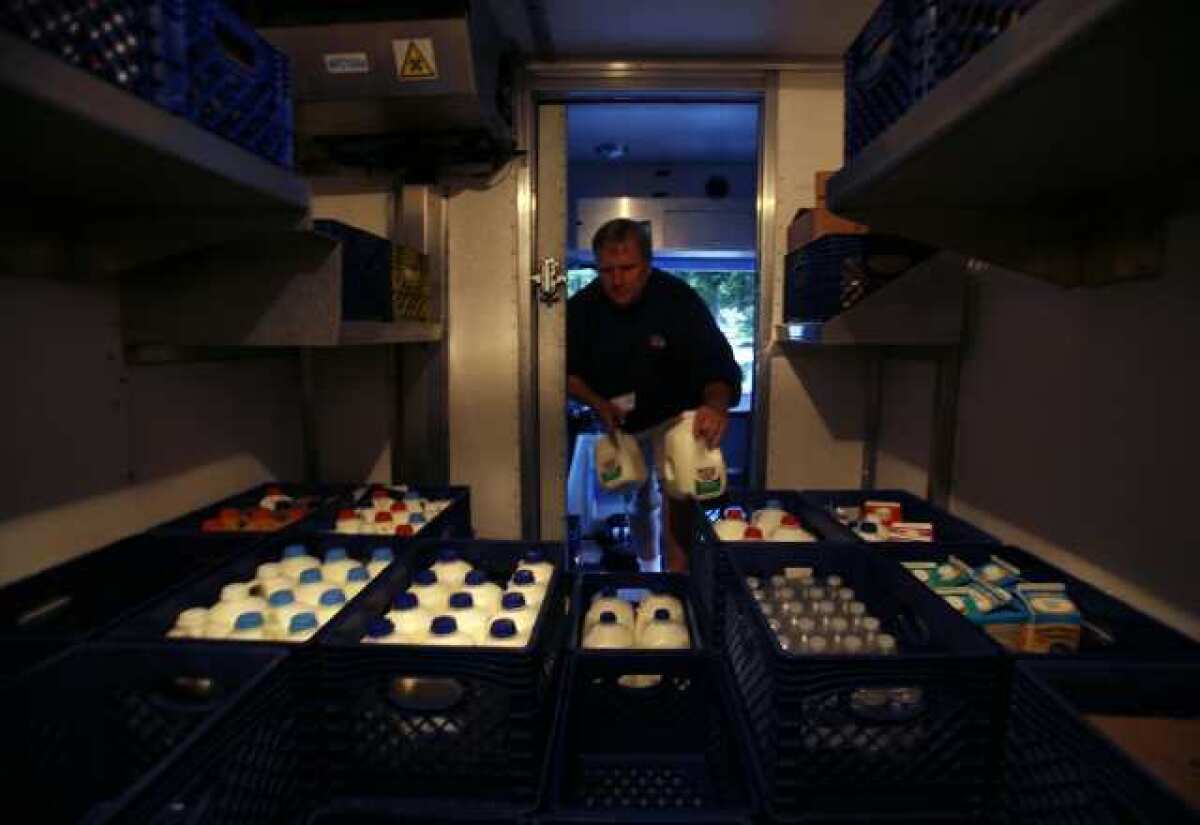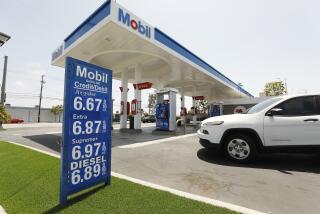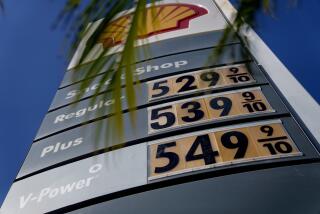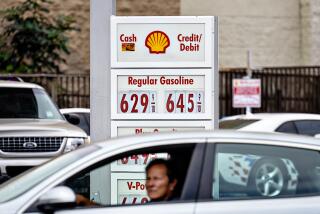Will higher gasoline prices change the way we live?

Rising gasoline prices may finally kill the milkman, as an article in The Times notes. As gas prices continue to climb – 26 cents in the last week in California, 57 cents in the last year – they may also fundamentally change the way we live.
Picture $1,000 cross-country flights, no school buses, more expensive mail. Homes concentrated around job centers, extensive train networks and far fewer things made out of plastic – which contains petroleum.
“For us to avoid those types of prices, we’re going to have to dramatically change,” said Chris Steiner, author of “$20 Per Gallon, How the Inevitable Rise in Gasoline Prices Will Change Our Lives for the Better.”
Already, factories that made gas-guzzling vehicles such as the Hummer are kaput, as are urban food delivery services and even school buses in many rural locations. Down the line, people will fly much less often, which is bad news for places such as Disneyland and Las Vegas that depend on faraway tourists; they’ll live closer to cities, which could worry housing developers in far-flung suburbs; and they’ll have to pay more for many products that contain petroleum, Steiner said. They’ll also eat more local food and consumer products made close by.
So are rising gas prices the new creative destruction? Joseph Schumpeter envisioned “creative destruction” as technological innovation disrupted society and changed the way companies work. Rising gas prices could lead to a creative destruction of another kind.
“The underlying economics are pretty basic – those industries that are energy-intensive in production or in use of fuel tend to respond negatively to higher gas and oil prices,” said Steve Davis, a professor of economics at the University of Chicago’s Booth School of Business.
That’s why the U.S. auto industry went through so much trouble when it was making big gas-guzzlers and the price of oil rose. The industry had to shift to make more fuel-efficient cars, a “painful and wrenching experience,” he said. And trains have experienced a resurgence in the past year as companies shift from trucks to trains.
So what will have to shift next as gas prices continue to rise? The post office? Airlines, as Steiner theorizes? Or something else entirely?
More to Read
Inside the business of entertainment
The Wide Shot brings you news, analysis and insights on everything from streaming wars to production — and what it all means for the future.
You may occasionally receive promotional content from the Los Angeles Times.











